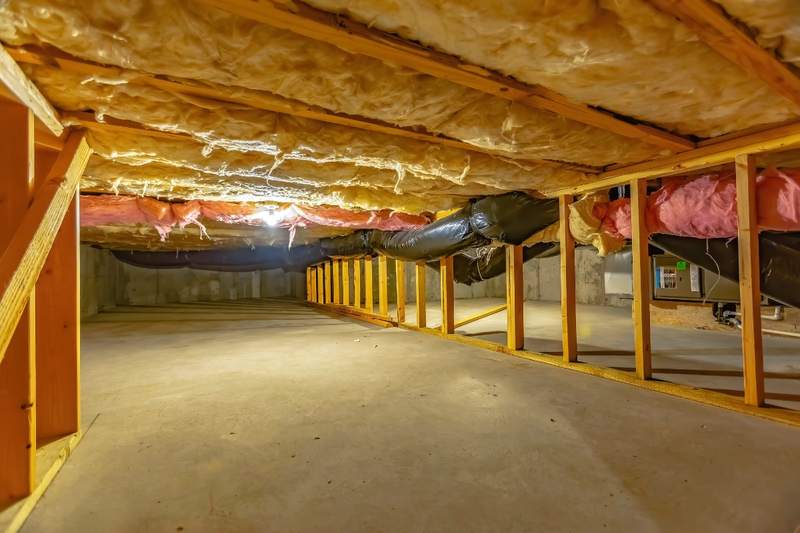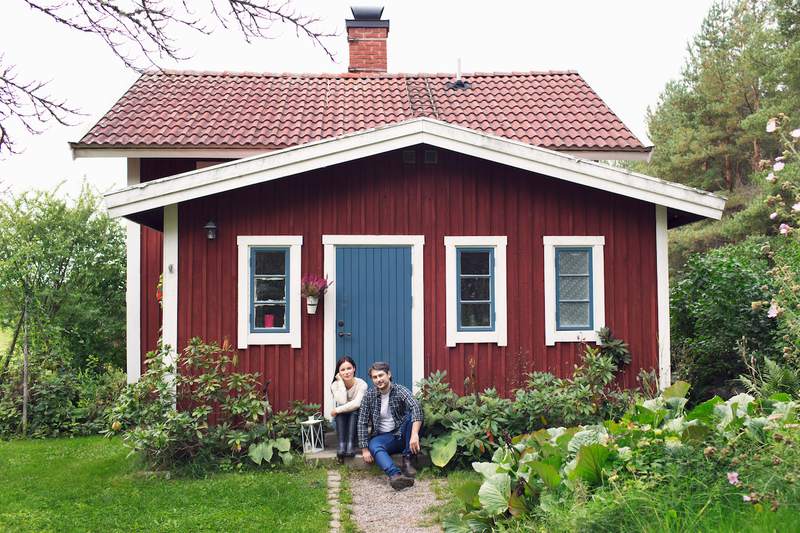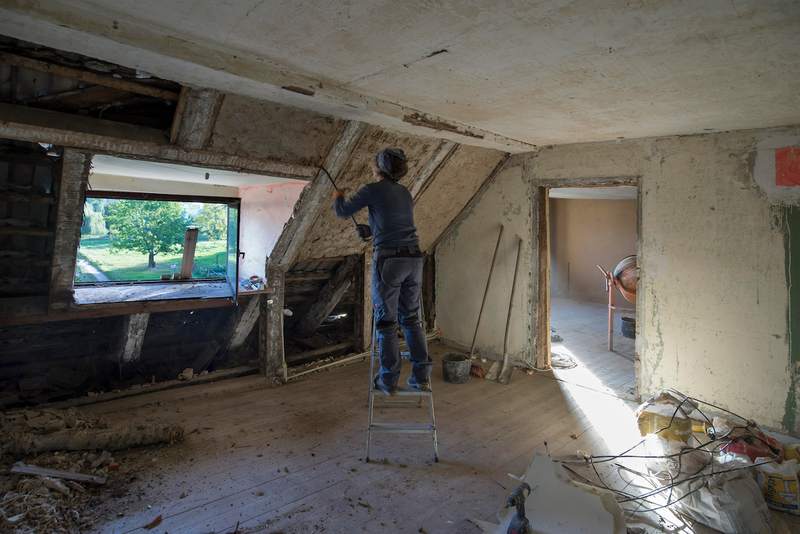
Some homeowners build separate and independent living spaces on their properties, often for older relatives to live in. Sometimes known as mother-in-law suites, such spaces are legally called an accessory dwelling unit, or ADU.
What is an accessory dwelling unit? The law defines an accessory dwelling unit as a separate, independent living space located on the same lot as a single-family home. An ADU can be added either by converting part of an existing home or by building a detached, separate structure.
ADUs can come in handy as an affordable and convenient housing solution for older relatives who wish to maintain some independence. ADUs also can be rented out to unrelated tenants — either in the short term or long term — generating an additional stream of income for the property owner.
Primary ADU Requirements
Many government agencies offer homeowners help to finance and build an ADU. However, the unit will need to meet certain requirements:
- Unit size. The unit must be smaller than the primary home on the property.
- Full kitchen. The kitchen must include a sink with running water, cabinets, countertops, and a stove or stove hookups. Microwaves, hot plates, and toaster ovens don’t count as a substitute for the stove.
- Full bathroom. The unit must have a private toilet and bathing area.
- Private entrance. The unit must have its own private entrance so that whoever lives there can enter and exit without having to go through the main home.
- Zoning. There can only be one ADU on the property.
Utilities
The utilities for an ADU typically are included in the primary home’s service. Homeowners who plan to rent out their ADU may include the estimated cost of utilities in the rent they charge. However, some areas and utility providers may allow separate utility connections for ADUs that let the tenant pay for their own utilities.
Homeowners Association
If the primary home is part of a homeowners association, any ADUs you plan to add will need to adhere to its regulations. If you intend to rent out your ADU, be sure it’s allowed under your HOA rules.
FAQ: What Is an ADU?
Here are answers to some frequently asked questions about ADUs.











